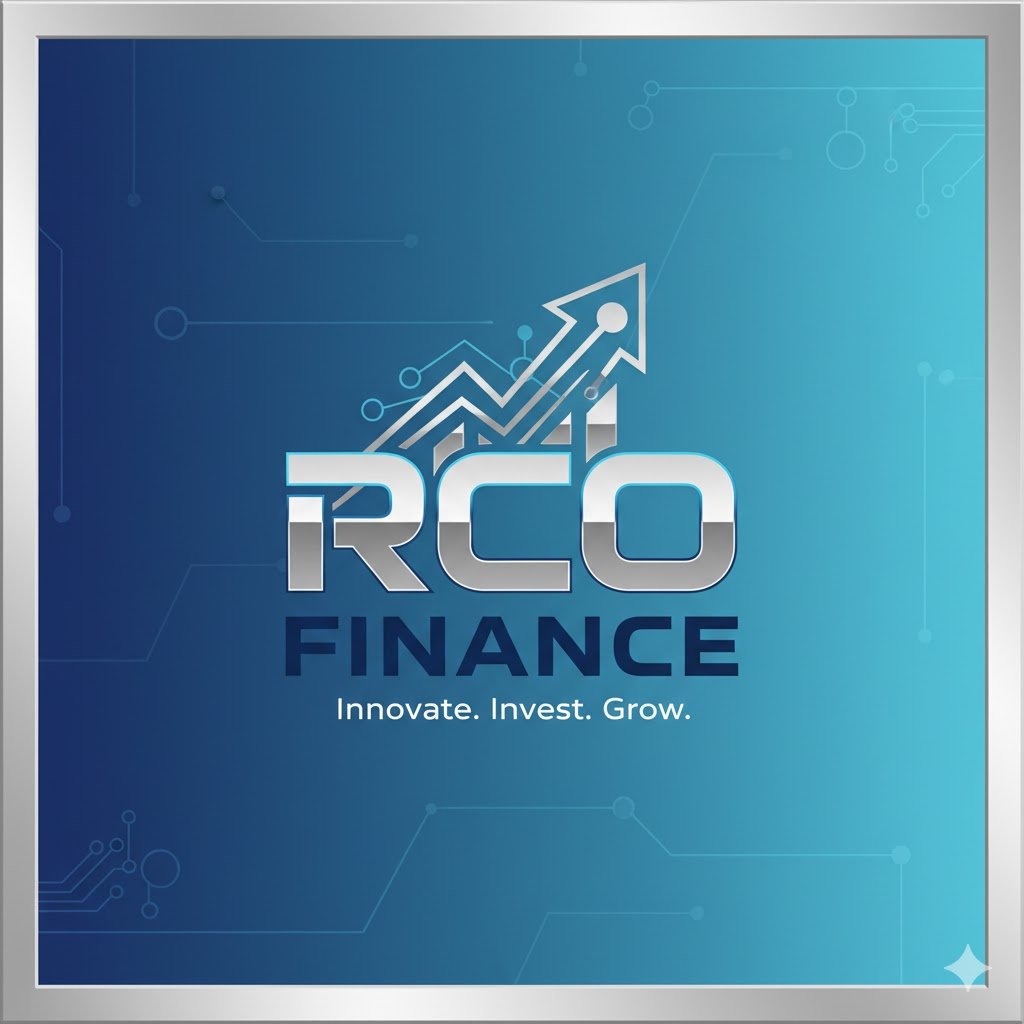RCO Finance: The Future of Decentralized Investing and Targets
The financial world is experiencing a seismic shift away from traditional, institution-controlled systems. This movement is rapidly advancing toward a transparent, user-centric model built on blockchain technology. Guiding this transformation is RCO Finance, a platform that is actively defining the future of investing. By leveraging artificial intelligence and smart contracts, RCO Finance is establishing new benchmarks for accessibility and profitability in the digital asset space.
Democratizing Global Finance
The foundational promise of decentralized finance is eliminating traditional financial intermediaries. RCO Finance fully embraces this principle by providing direct peer-to-peer financial services. Consequently, users gain access to trading, lending, and yield farming tools through non-custodial wallets. This approach ensures users maintain complete control over their assets and private keys at all times.
Unlike traditional systems that restrict investment opportunities, RCO Finance creates borderless financial access. Furthermore, this decentralized model empowers individuals who have been historically excluded from conventional financial systems. The platform’s commitment to global financial inclusion represents a core objective in its operational framework.
Intelligent Investing with AI Technology
Navigating cryptocurrency markets presents significant challenges for both new and experienced investors. RCO Finance addresses this complexity through its sophisticated AI robo-advisor. This advanced system processes enormous datasets, including market trends and economic indicators, to generate strategic insights.
The AI technology provides multiple advantages for portfolio management. Specifically, it identifies optimal entry and exit points while automatically diversifying assets across different classes. Moreover, it implements sophisticated risk management protocols to protect investor capital. This comprehensive approach significantly enhances decision-making processes and improves investment outcomes.
Expanding Opportunities Through Asset Tokenization
The integration of real-world assets represents a major innovation in the DeFi sector. RCO Finance enables tokenization of traditional assets including real estate, commodities, and stocks. Therefore, investors can now access fractional ownership in previously inaccessible markets using cryptocurrency.
This technological breakthrough eliminates traditional barriers like high minimum investments and complex paperwork. Additionally, tokenization creates new diversification opportunities by merging traditional and digital economies. The platform’s expanding RWA offerings demonstrate its commitment to bridging these financial worlds.
Building Trust Through Security and Scalability
Security remains the highest priority within the DeFi ecosystem. RCO Finance implements multiple protective measures including comprehensive smart contract audits and non-custodial asset management. These protocols ensure that user funds receive maximum protection against potential threats.
The platform’s infrastructure also addresses critical scalability requirements. As user adoption increases, the network maintains consistent performance without compromising transaction speed. This technical capability ensures reliable service during periods of high market volatility and network congestion.
Conclusion: Establishing New Industry Standards
RCO Finance represents more than just another DeFi platform—it constitutes a complete financial ecosystem for the digital age. By integrating artificial intelligence with real-world asset tokenization, the platform establishes new standards for decentralized investing. Its comprehensive approach provides investors with sophisticated tools previously unavailable in traditional finance. As the financial landscape continues evolving, RCO Finance is positioned to lead this transformation through technological innovation and user-focused design.
FAQ: RCO (Research Compliance Office) in Finance
1. What is the RCO?
The Research Compliance Office (RCO) is the university department responsible for ensuring that all financial aspects of research grants and contracts are managed responsibly and in compliance with sponsor and university policies.
2. What does the RCO have to do with my research finances?
The RCO oversees the post-award financial management of your grant. They ensure funds are spent appropriately, review and approve financial transactions, manage reporting, and help with audit requests.
3. What are the most common things I need the RCO for?
- Budget Changes: Requesting approvals for significant rebudgeting.
- No-Cost Extensions: Formally extending the grant period without additional funds.
- Financial Reporting: Preparing and submitting accurate financial reports to the sponsor.
- Close-Out: Finalizing all financial activities and ensuring the grant is ready to be closed.
- Cost Sharing: Tracking and reporting any committed university or departmental matching funds.
4. I have a Grant Manager in my department. Why do I need the RCO?
Your departmental Grant Manager handles day-to-day finances. The RCO acts as the official university authority and steward, providing oversight, ensuring uniform compliance, and serving as the final sign-off before sending documents to the sponsor.
5. When should I contact the RCO?
Contact them early for any non-routine financial request (like a major budget shift) or if you have questions about sponsor regulations. Don’t wait until the last minute, especially for grant close-out.
6. How is the RCO different from the Sponsored Projects Office (SPO)?
Think of it as a timeline:
- SPO (Pre-Award): Focuses on getting the funding (proposal submission, negotiation, acceptance).
- RCO (Post-Award): Focuses on managing the funding after it’s awarded (spending, compliance, reporting).

